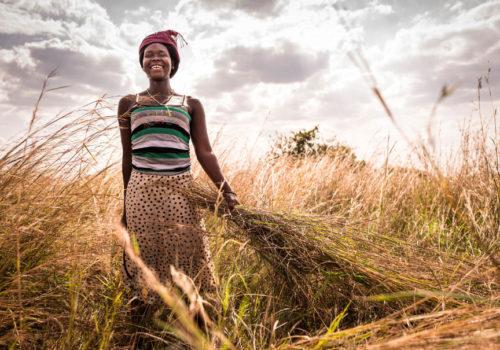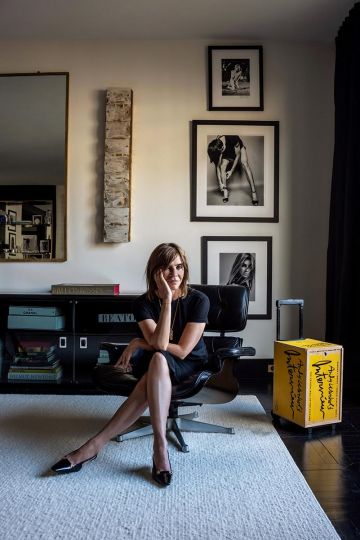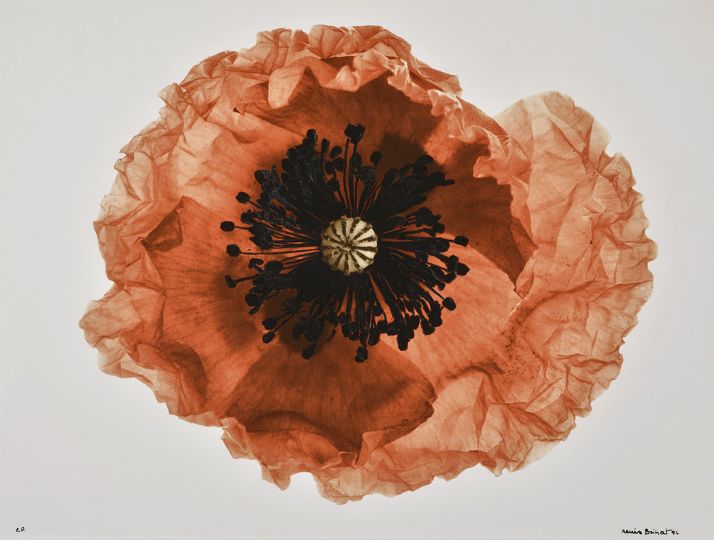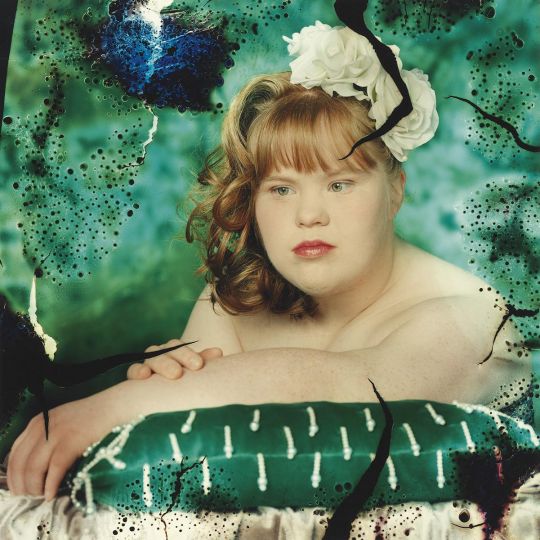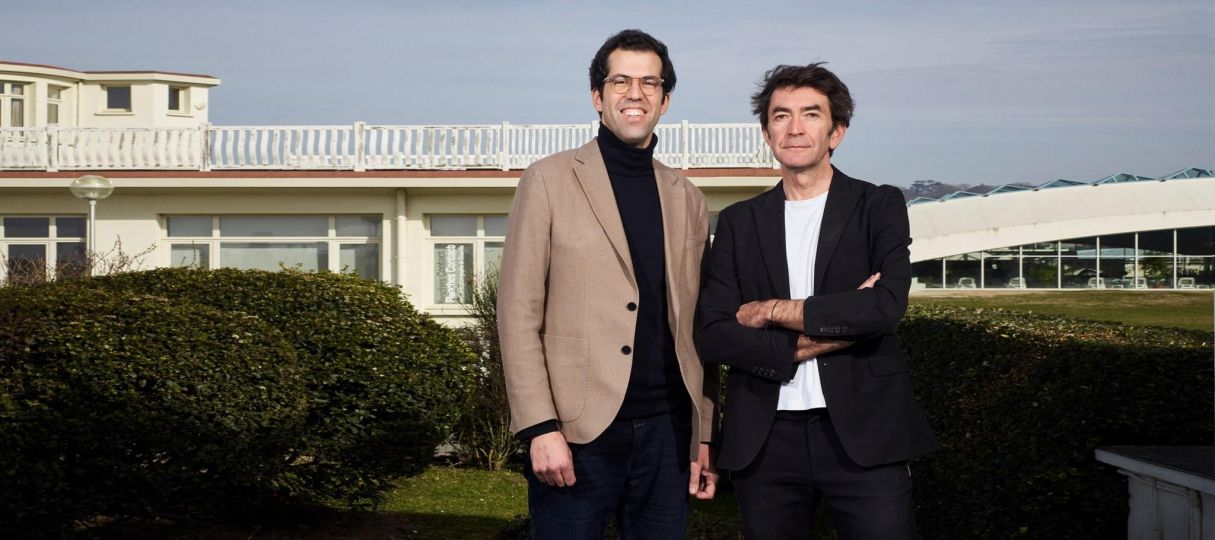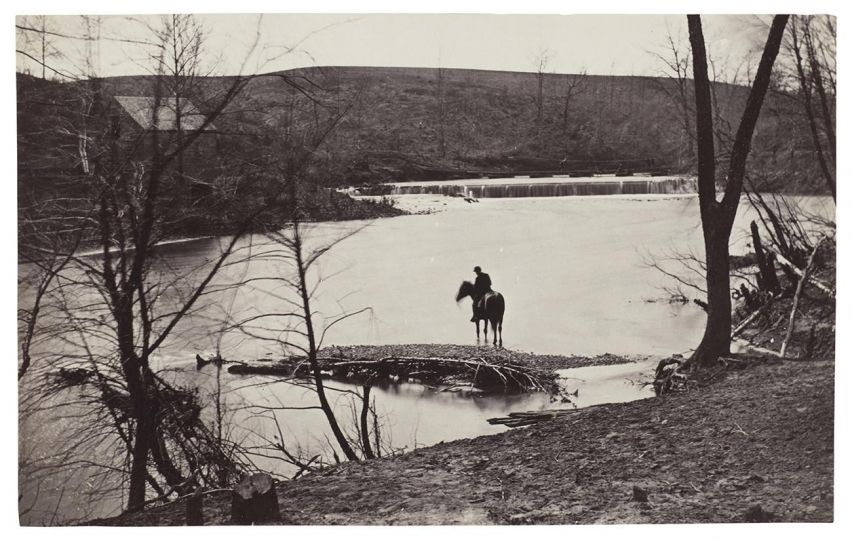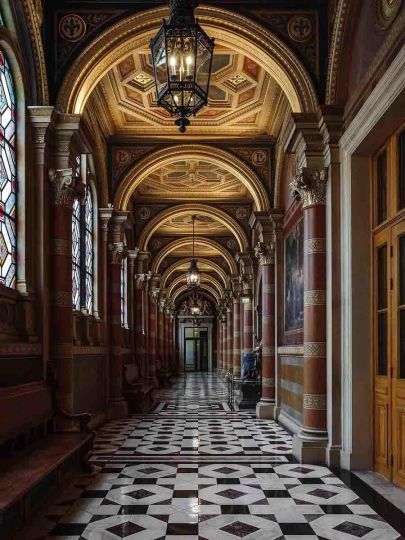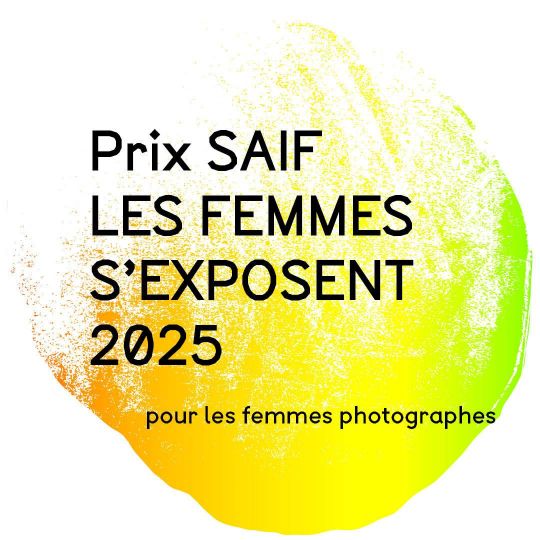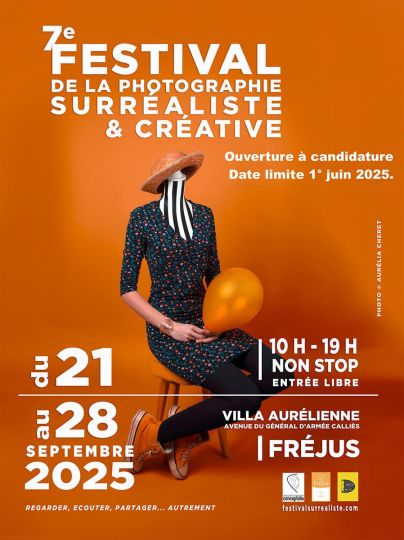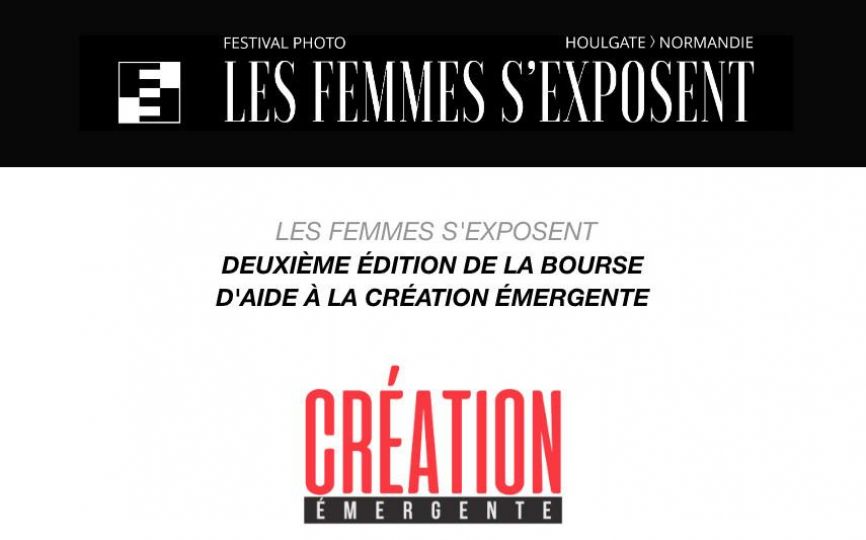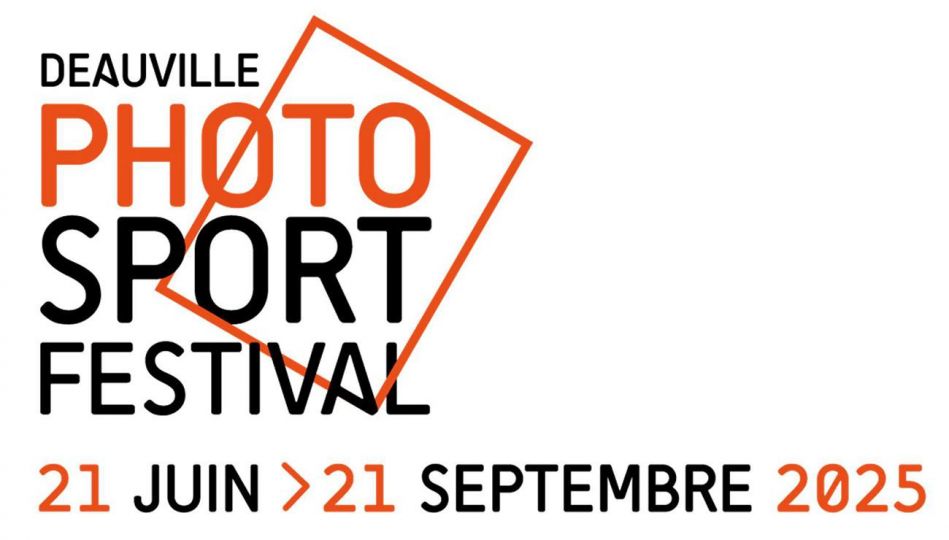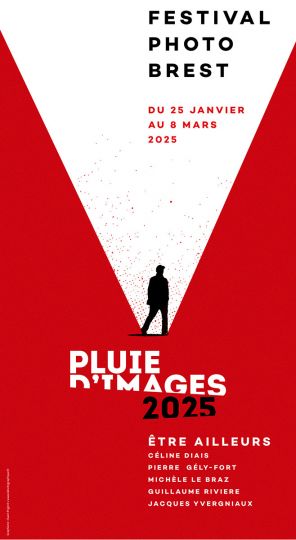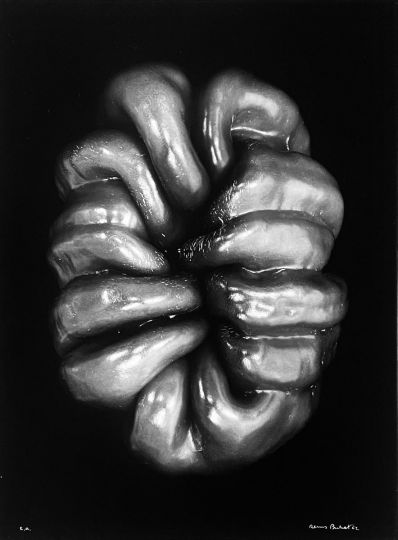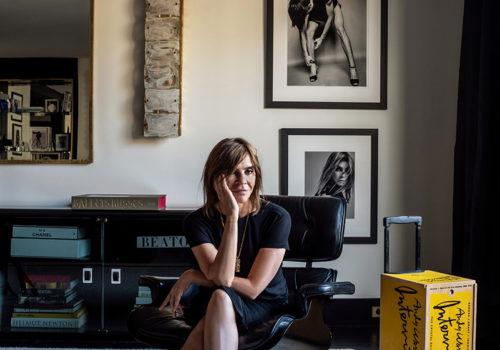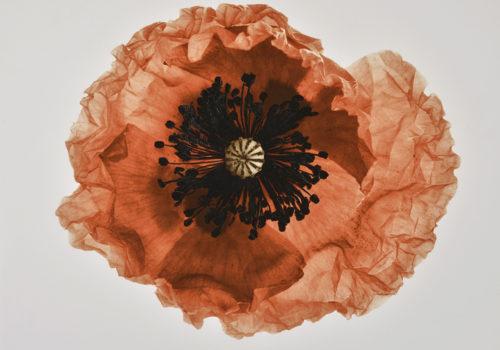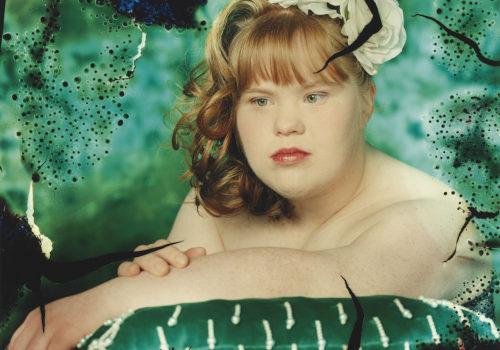A great photographic fresco created by the best photojournalists unfolds in the cloisters, museums and parks of Lodi, an Italian town steeped in history. This is the 15th edition of the il Festival della Fotografia Etica / Festival of Ethical Photography (FFE), which not only calls for greater awareness of the problems and beauties of our world but also features high-quality photography.
We are talking about more than twenty exhibitions, in addition to those that animate the FFE – OFF circuit, lectures, book presentations, guided tours with authors and educational projects for students.
It is a ‘necessary photography’, as festival director Alberto Prina explains, adding “because there is an urgency to look at reality and not turn away. There is a need for actions that are effective in practice. The festival, of course, does not offer solutions, but poses questions; we are the amplification of the voice of photographers, who are the primary sources of what is happening in the world.
A feature of the FFE is its aim to involve the youngest (during the week, the festival is reserved for schools), with the idea of bringing them closer to the events, thanks to a concentration of stories from the four corners of the planet. A concentrate of stories to reflect and marvel at, renewed year after year and open to everyone on weekends until the 27th of October.
Why attend the festival? “Because it’s an opportunity to get to know the world through the photographers’ testimonies and to delve into such complex issues in a slow and in-depth way. It is also an opportunity to meet physically, which is much needed. And a chance to broaden one’s perspective on the world”, Prina answers.
More than twenty exhibitions, as we said, around 200 photographers from forty countries and five continents, with around a thousand photos on display, in this festival, which has been taking stock of photojournalism since 2010. To mark the anniversary and retrace the history of the Festival, you can visit the group exhibition Shots from Festival of Ethical Photography: 15 Years of Iconic Images, which brings together fifteen editions of emotions gathered, starting with the symbolic photos of each edition.
It is always a dilemma where to start a visit to a diffuse festival, also because the interest of the images is combined with the fascination of the places, in a dialogue that stimulates a deeper reading of the complexities of contemporaneity. The heart of the festival, however, is the World Report Award|Documenting Humanity, which aims to promote a new form of social commitment through photography. The award is open to both professional and amateur photographers). The Master category was won by Giles Clarke with Haiti in Turmoil, a report on the civil war that has been raging since July 2021.
A special mention in this section, went to Ingmar Björn Nolting and his An Anthology of Changing Climate, a journey through a Germany divided over climate issues and the difficulties in finding sustainable solutions to the climate crisis, in a society still driven by consumption.
The Short Story category was won by Francesco Comello for his reportage Oshevensk, at the Edge of Time, a project that aims to give a voice to the resilient community of this village. In this section, special mention goes to Laetitia Vançon for her reportage The Other Battlefields, a work that looks at the lasting effects of war on young people, with an insight into what it means to be a young person in Ukraine nowadays.
The Spotlight category went to Kasia Strek for her reportage The Price of Choice on the sensitive issue of abortion. The Student category was won by Camilla Richetti with Dancing Spirits, set in the Republic of Congo and bearing witness to the challenge of coexistence and a quest for harmony between human progress and the natural world.
These exhibitions can be visited in the Baroque Palazzo Barni, which in its centuries-long history also hosted Emperor Charles VI of Habsburg. Same location for the exhibition Vittorio Sella: Master of High-Altitude Photography (1859-1943).
Patryk Jaracz won the Single Shot section, exhibited at the Banca Centropadana, with his image Kids Learning How to Ride a Bicycle, in which little girls in Ukraine play while one of them learns how to ride a bicycle, with the aftermath of a drone attack in the background.
The A Glance on the World section, at the Palazzo della Provincia, features the exhibition The War in Gaza through the Eyes of its Photojournalists, while Spazio Environment, at Cavallerizza, celebrates the 90th birthday of the ethologist Jane Goodall with an exhibition that’s a tribute to her work.
The Outdoor Space in the public gardens features the exhibition Rescued Foxes Find Refuge in Minnesota by Robin Schwartz, which tells the story of the founder of Save a Fox, an animal sanctuary in Minnesota.
In the former ospedale Gorini, the Spazio NonProfit, hosts four projects: A-Dios, a project about how San Camilo became a reference point for palliative care in Argentina (Marcos Azulay for the San Camilo Hospice); Africa Blues, tells how the climate crisis is affecting Africa and changing its prospects (Giulia Piermartiri and Edoardo Delille for the NGO WeWorld);
Breaking the Cycle of Extreme Poverty: Resilience and Strength in Adversity is about the quest to offer the tools to get out of a condition of extreme poverty to women and girls affected by war (Brian Hodges per African Women Rising); PizzAut tells the story of a revolutionary pizzeria based on inclusion, where pizzaioli and waiters are young people with autism (Leonello Bertolucci).
The Lives of Others, a thematic space in Palazzo Modignani, focuses on four photographic issues: the close relationship between people and the place where they live, between tradition and change: Musuk Nolte with El Lenguaje de los Huesos documenting the process of returning the remains of the victims of the armed conflict in Peru (1980-2000) to their families.
Terra Fondriest tells about life on the Ozark Plateau, where the days pass at a slow pace, dictated by the changing seasons; Andrea Agostini explores the fragile balance between man, water and spirituality in one of the areas of the world most affected by the catastrophic effects of climate change: Mozambique; Eszter Halasi, describes the lives of The Last Travellers, those who live on the road in the UK, maintaining a traditional nomadic lifestyle, even against the rules.
As is tradition, Lodi hosts the international exhibition of the World Press Photo international photojournalism and documentary photography competition. In Lodi, it is possible to meet some of the winning photographers of the 2024 edition but also to attend meetings and guided tours to learn more about the projects on display.
Elegy from the Po River Valley by Gabriele Cecconi, installed in the Prefecture building, is a project which tells the story of the Lodi area and its evolution concerning the water crisis that hit Northern Italy in 2022.
FFE – OFF (over a hundred photographers and exhibitions) takes place at the same time as the festival.
The Festival of Ethical Photography was born in 2010 from the idea of the non-profit organization Gruppo Fotografico Progetto Immagine together with several institutional and private partners, to focus on ethical content of great relevance, bringing the general public closer to social issues.
Paola Sammartano
Festival della Fotografia Etica / Festival of Ethical Photography– XV Edition
September 28 – October 27, 2024
26900 Lodi (LO)
Italy
https://www.festivaldellafotografiaetica.it/

